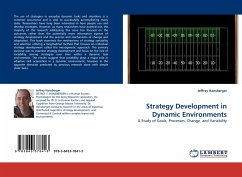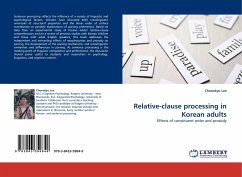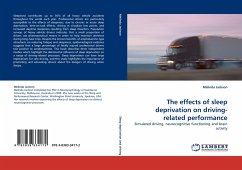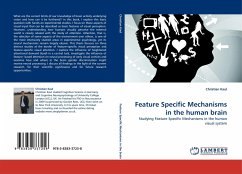The use of strategies in everyday dynamic tasks and situations is a common occurrence and is vital to successfully accomplishing many tasks. Researchers have long been interested in how people use and develop strategies. However, as many researchers have pointed out, the majority of the research addressing this issue has focused on the outcomes rather than the potentially more informative aspects of strategy development and the process and mechanisms of change and adaptation. This book examines the mechanisms of strategy variability and selection utilizing a longitudinal method that focuses on individual strategy development called the microgenetic approach. The primary purpose was to examine strategy development and focus on the role of variability among strategies over time within a dynamic task environment. The results suggest that variability plays a major role in adaptive skill acquisition in a dynamic environment, however in the opposite direction predicted by previous research done with simple static tasks.
Bitte wählen Sie Ihr Anliegen aus.
Rechnungen
Retourenschein anfordern
Bestellstatus
Storno








